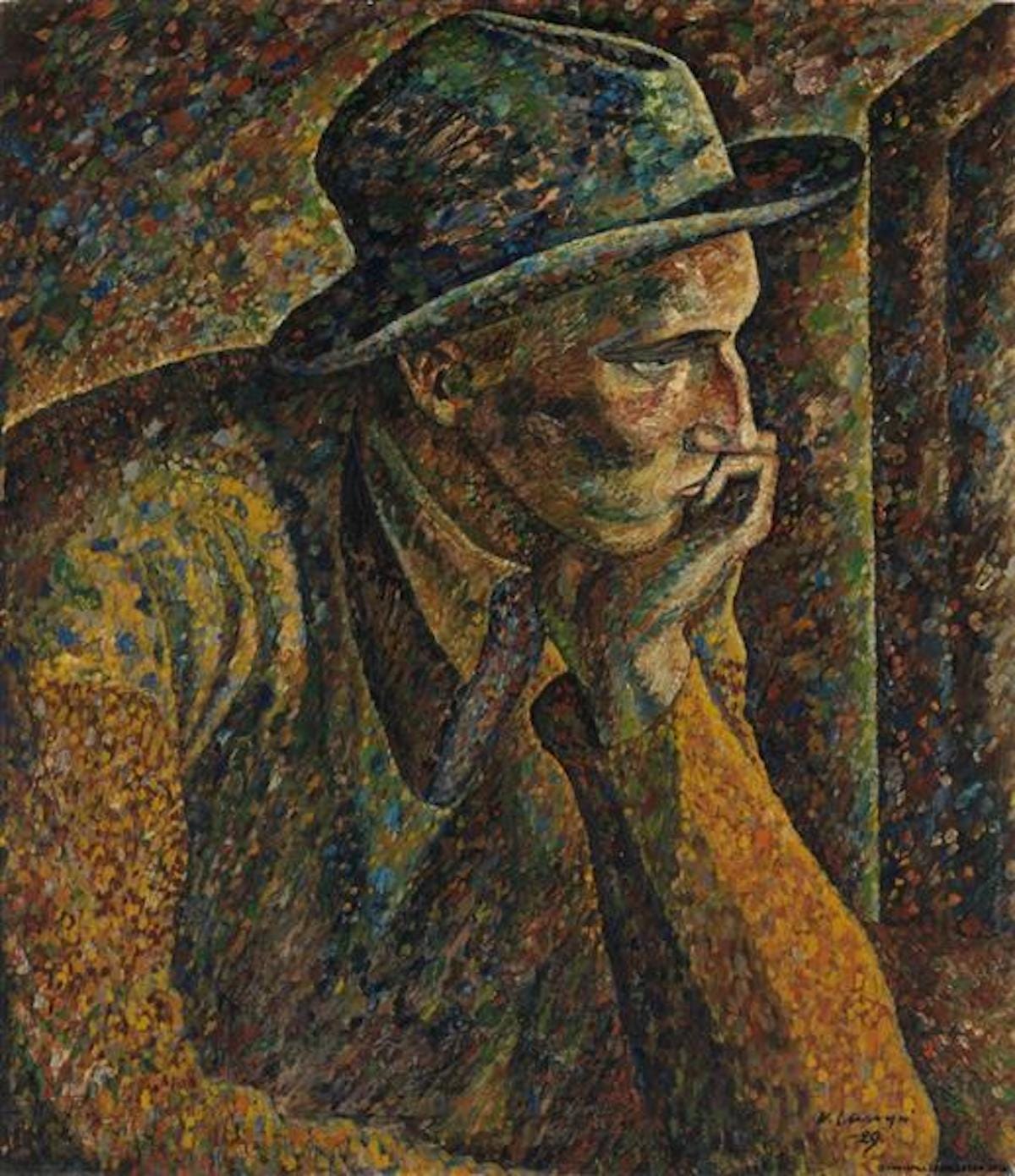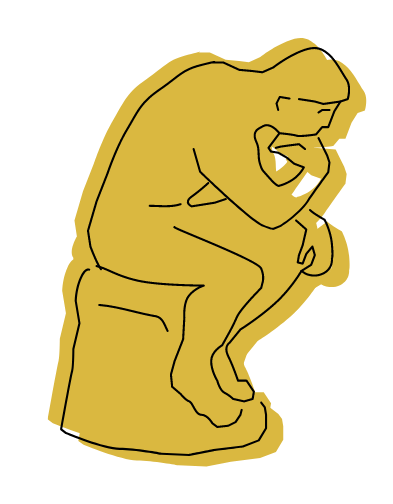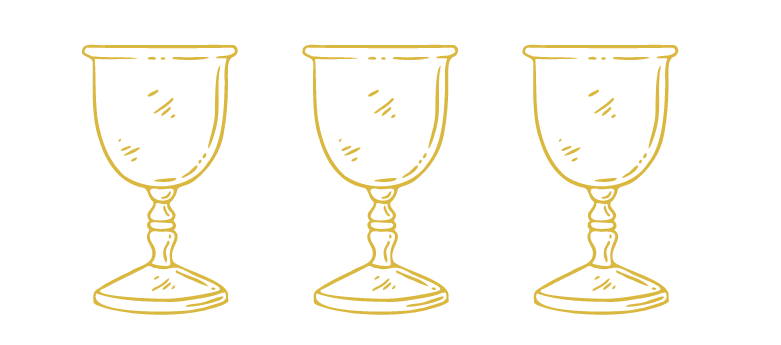

Discover more from Perennial Meditations
Life is a plethora of choices. From education to careers, relationships to kids, virtues to vices, vacations to finances, and the lists go on. Have you ever thought about the lives you might have lived? The paths you did not embark on.
Instead of asking: “Who am I?” Who are you not?
In his famous poem, The Road Not Taken, Robert Frost wrote,
Two roads diverged in a yellow wood,
And sorry I could not travel both
And be one traveler, long I stood
And looked down one as far as I could
To where it bent in the undergrowth;
—
Then took the other, as just as fair,
And having perhaps the better claim,
Because it was grassy and wanted wear;
Though as for that the passing there
Had worn them really about the same,
—
And both that morning equally lay
In leaves no step had trodden black.
Oh, I kept the first for another day!
Yet knowing how way leads on to way,
I doubted if I should ever come back.
—
I shall be telling this with a sigh
Somewhere ages and ages hence:
Two roads diverged in a wood, and I—
I took the one less traveled by,
And that has made all the difference.
Frost raises a harsh truth — none of us are able to be one traveler. It’s not possible to embark on two paths simultaneously. As Frost’s traveler did, one must discern and ultimately make a move.
In his book, On Not Being Someone Else, author Andrew H. Miller writes,
Frost’s tone is mild, but his thought is extravagant: to be sorry, you can’t be one traveler on two roads — to be sorry you can’t be two places at once — to be sorry for what you are, for what we are. It’s to be sorry for being a person.
“The Road Not Taken” is a poem of metaphysical resignation, observes Miller, of sorrow at our inevitable relinquishments. And yet this deep sorrow was prompted by something very small, merely a fork in the woods, leading to two roads “about the same.”
The notion of unled lives connects with what the philosopher Soren Kierkegaard called the essence of philosophy — regret.
In the classic Either/Or: A Fragment of Life, Kierkegaard explained,
I see it all perfectly; there are two possible situations — one can either do this or that. My honest opinion and my friendly advice is this: do it or do not do it — you will regret both.
The fact that we cannot be “one traveler” embarking on all paths; often leads us to ask what-if type of questions about the paths we did not take.
In a conversation with Dr. Dilip Jeste (author of Wiser: The Scientific Roots of Wisdom, Compassion, and What Makes us Good), he explained, “At the end of life, there can often be a final clarity. During this time, people tend to become increasingly selective about what’s meaningful in life and how they should spend their dwindling days.”
We all have unled lives. There will always be forks in our path. For this reason, we need clarity — we must determine what truly matters — and what doesn’t. In an interview towards the end of his life, Christopher Hitchens remarked, “One is always going to regret something; you have to decide in advance what it will be.”
Who are you not? We must all choose what our unled lives will be. The art of leading a life is about deliberately choosing the type of life we want to lead.
To quote Kierkegaard a final time, “Life can only be understood backward, but it must be lived forward.”
—
Thank you for reading; I hope you found something useful.
Until next time, be wise and be well,
P.S. Feel free to comment or ask questions!
Subscribe to Perennial Meditations
Tools for the Art of Living: Meditations, Podcasts, and Courses
















The more I receive these emails, I think it is as if there is some connection between my life and the perennial staff. I am 80 years old. I just returned from lunch with a 35-year-old friend that I have known since he was 12 years old. And he was talking about making a career change. Also lamenting that he wished he could spend all his time traveling. So this particular essay was so apropos to our conversation that of course I had to send it to him. I hope he will become a member too!